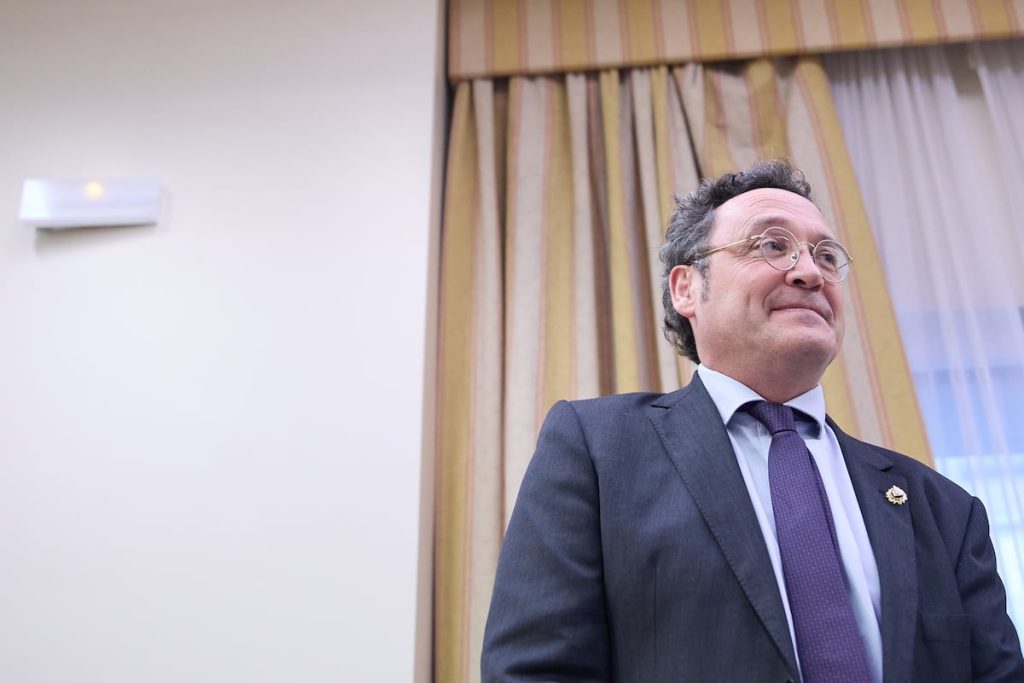The application of the amnesty law to the main pro-independence leaders has sparked a war within the Prosecutor’s Office, with the Attorney General, Álvaro García Ortiz, ordering the prosecutors to defend amnesty for those involved in the independence process, including Carles Puigdemont and Oriol Junqueras. The four prosecutors involved have expressed their opposition and are pushing for a meeting of the Prosecutor’s Chamber to resolve the issue. While the final decision lies with García Ortiz, these battles could further strain relationships within the Prosecutor’s Office.
García Ortiz’s 133-page document argues against the prosecutors’ interpretation of the amnesty law, stating that they are not aligned with the intentions of the lawmakers who want the amnesty to benefit all those involved in the independence challenge. The prosecutors have formally rebelled against their boss’s stance and have requested the activation of a mechanism to resolve the disagreement. The upcoming meeting of the prosecutors’ chamber, composed of 37 members, is likely to support García Ortiz’s position, strengthening his call for amnesty for all pro-independence leaders and the lifting of arrest warrants, including that of Puigdemont.
One key disagreement revolves around the issue of embezzlement, with the prosecutors arguing that this crime cannot be amnestied as it resulted in financial gain for the perpetrators, which is excluded from the amnesty law. García Ortiz disagrees, citing the Supreme Court’s ruling that the pro-independence leaders were not motivated by personal enrichment. He also argues that the EU’s financial interests were not significantly harmed by the independence process, contrary to the prosecutors’ claims. The issue of neutrality within the Prosecutor’s Office is also raised, with García Ortiz warning against injecting political considerations into legal interpretations.
In questioning the constitutionality of the amnesty law, García Ortiz highlights the previous acceptance of amnesty by various Spanish laws and international agreements, emphasizing its recognition within the EU legal framework. He asserts that the law’s aim is political normalization in Catalonia and that the interpretation and application of the law should be left to the judges. This underscores the separation of powers and the role of the judiciary in assessing the law’s compatibility with the Constitution.
The standoff between García Ortiz and the prosecutors reflects deeper divisions within the Prosecutor’s Office over the application of the amnesty law to pro-independence leaders. While the ultimate decision rests with García Ortiz, the upcoming meeting of prosecutors could provide further insights into the internal dynamics of the office. The differing interpretations of the law, particularly regarding embezzlement and EU financial interests, highlight the complexities of applying an amnesty law in a politically charged context. García Ortiz’s emphasis on constitutional principles and legal precedent underscores the delicate balance between political considerations and the rule of law in this contentious issue.














